In the dynamic landscape of technological advancements, smart home automation stands as a beacon of innovation, reshaping the very fabric of modern living. From streamlining daily tasks to revolutionizing the concept of home management, this transformative technology has redefined convenience, efficiency, and comfort within our living spaces.
Defining Smart Home Automation
At its core, smart home automation refers to the integration of intelligent devices and systems that operate autonomously or can be controlled remotely. These devices are designed to understand user preferences, adapt to routines, and simplify various aspects of home management.
How Smart Home Automation Works
Central to smart home automation are interconnected devices equipped with sensors, connectivity features, and often, artificial intelligence. These devices communicate through a network, enabling seamless interaction and the exchange of data. Machine learning algorithms and AI play a pivotal role, allowing devices to learn user behaviors and preferences over time.
Applications and Benefits
The applications of smart home automation are as diverse as they are impactful. From simple tasks like turning off lights remotely to more complex actions such as regulating home temperature based on occupancy patterns, the possibilities are vast. The benefits extend beyond mere convenience:
- Enhanced Convenience: The ability to control various home systems remotely via smartphone apps or voice commands provides unparalleled convenience and flexibility.
- Improved Energy Efficiency: Smart thermostats, lighting systems, and appliances optimize energy usage, resulting in reduced utility bills and a smaller environmental footprint.
- Heightened Security: Smart security systems, including cameras, sensors, and alarms, bolster home security by providing real-time monitoring and alerts.
- Personalized Experiences: Smart home automation allows for tailored experiences, adapting to individual preferences in lighting, temperature, entertainment, and more.
Challenges and Considerations
While the potential benefits are significant, challenges exist. Interoperability and compatibility among devices from different manufacturers remain key concerns. Additionally, ensuring robust cybersecurity measures to protect user data and privacy is critical in an interconnected ecosystem.
The Future of Smart Home Automation
Looking ahead, the future of smart home automation is promising. Advancements in technology, particularly in AI and machine learning, will lead to even more sophisticated and intuitive systems. Greater standardization and improved compatibility will further drive adoption, making these technologies more accessible and user-friendly.
Conclusion
Smart home automation represents a monumental leap in how we interact with and manage our living spaces. By harnessing the power of technology to create more efficient, secure, and personalized environments, these innovations have reshaped modern living. As these technologies continue to evolve, they promise a future where homes seamlessly adapt to our needs, enhancing our quality of life in unprecedented ways.
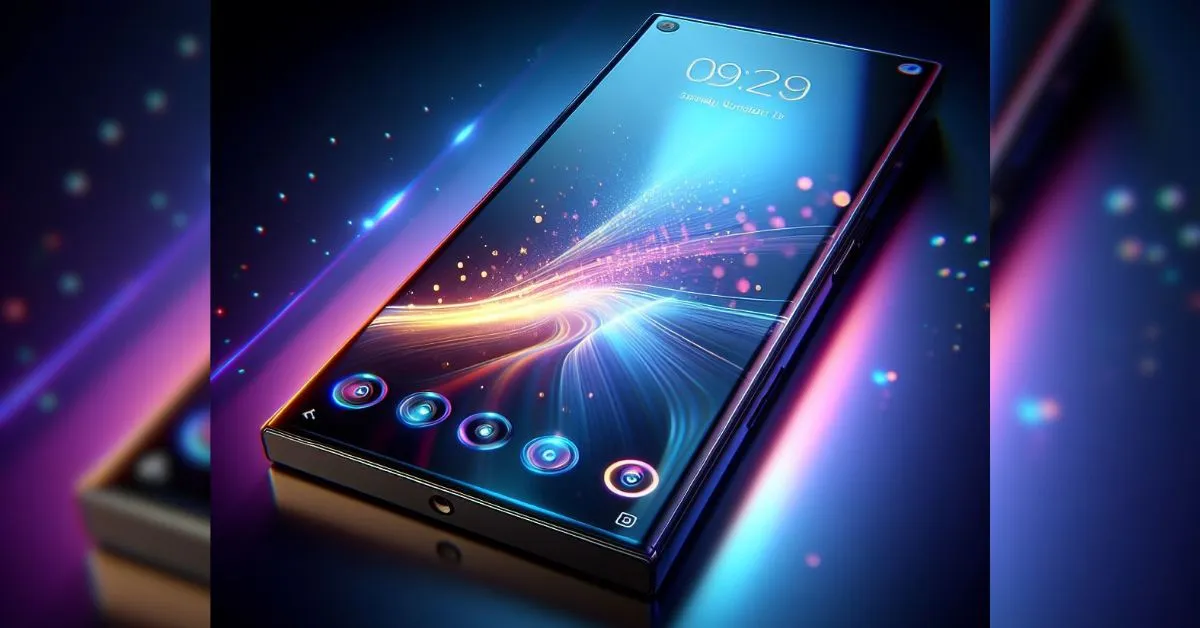




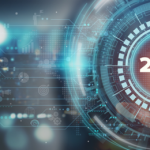
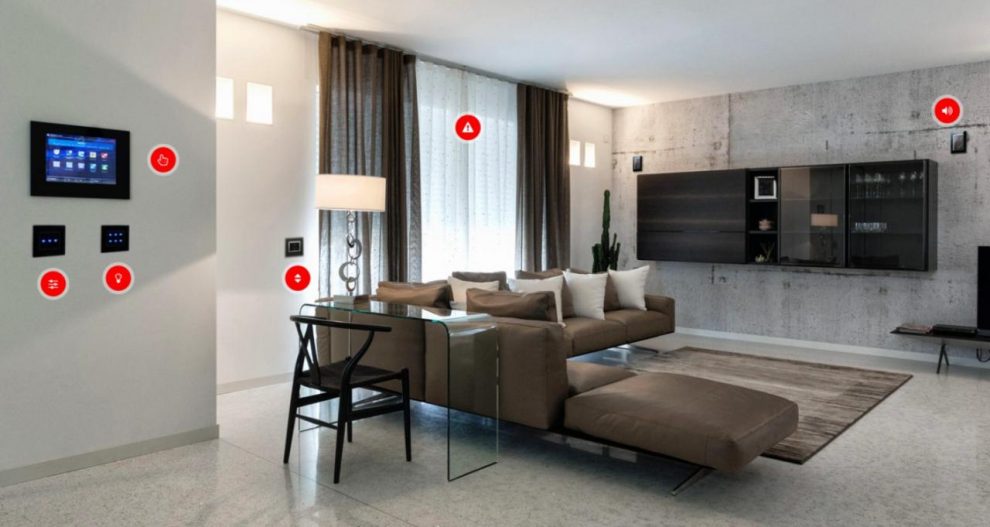
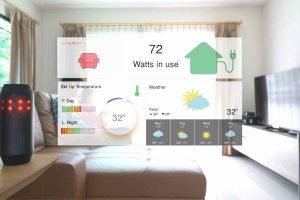
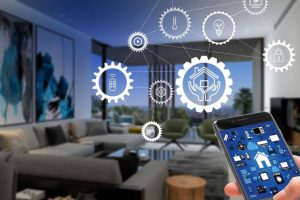






Add Comment